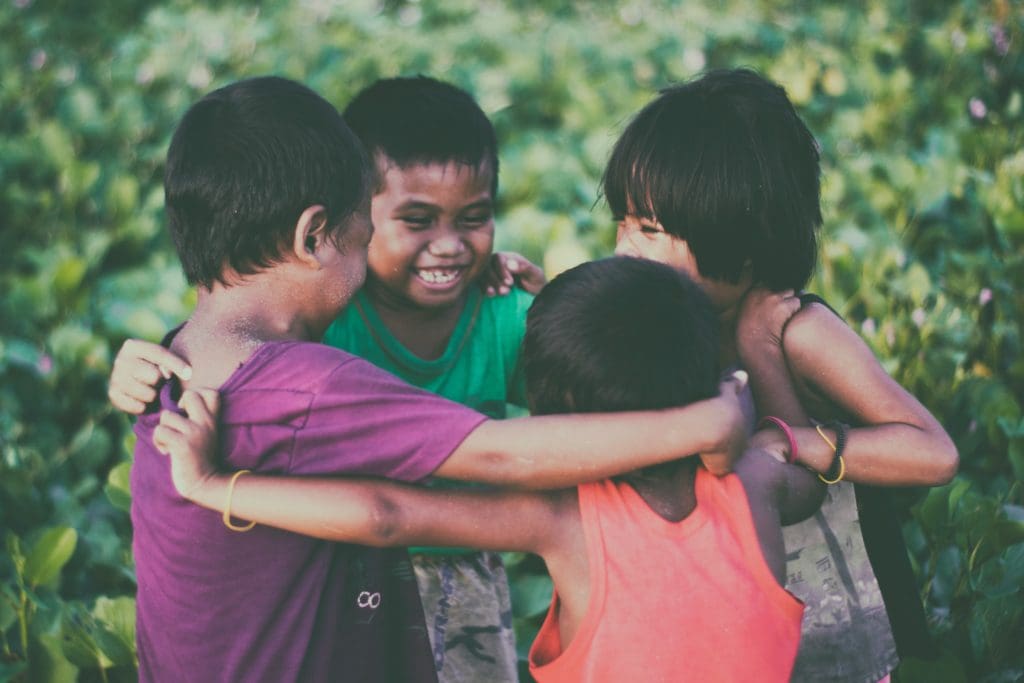Shaping a safer digital world for children together

The Association of Southeast Asian Nations (ASEAN) has developed two documents that aim to shape a meaningful and coordinated action against all forms of child online exploitation and abuse in the ASEAN region, and beyond – the Declaration and the Regional Plan of Action on the Protection of Children from all Forms of Online Exploitation and Abuse in ASEAN (ASEAN RPA on COEA).[1]
Child online exploitation and abuse cannot be dealt with in isolation. It is a global issue that needs a global response – as WeProtect Global Alliance’s Model National Response clearly outlines. The work of organisations like ASEAN is crucial to ensure that the fight against this threat is truly borderless. Through both the Declaration and the ASEAN RPA on COEA, ASEAN intends to make sure that all its Member States adopt a coordinated approach to end all forms of child online exploitation and abuse.
In the Declaration, ASEAN Member States commit to further protect children from all forms of online exploitation and abuse by prioritising seven measures that represent the key elements which can help shape a safer digital world for children in the ASEAN region and beyond. For each of these measures, a corresponding Focus Area and Activities are developed in the RPA on COEA to translate the commitments stipulated in the Declaration into actions at both national and regional levels.
Promote, develop, and implement comprehensive national legal frameworks towards improving child protection standards and policies
Efforts to build comprehensive legal systems will happen both at a national and regional level. At the national level, ASEAN Member States will take action to review, revise and strengthen their legislations.
At the regional level, ASEAN will develop guidelines and standards so that Member States can have a coordinated approach in setting out and implementing such national reforms.
Enhance law enforcement, judicial and legal professional capabilities
Training courses, sharing of best practices, manuals are all helpful ways to build and improve the capacities of law enforcement and the judiciary.
Encourage the establishment of a specialised national unit to lead, support and coordinate investigations
This unit would be the point of contact to receive reports from institutions such as the National Center for Missing and Exploited Children (NCMEC), foreign governments, INTERPOL, and NGOs, including hotlines.
Increase effectiveness of rights-based and gender-responsive child protection and support services, and social welfare programmes
ASEAN Member States will work towards building quality, inclusive and accessible support services for children, taking into account their specific needs. The RPA on COEA also explicitly mentions the importance of psychological support.
Strengthen data collection and monitoring, reporting and referral mechanisms
Hotlines play a key role in making sure abusive content is reported and then removed. ASEAN Member States will work together with NGOs and the private sector to establish or strengthen such hotlines. They will also make sure that law enforcement has effective mechanisms in place to receive reports from the hotlines and then prioritise, take action and refer them.
Promote a national education programme and school curricula to raise awareness on all forms of child online exploitation and abuse
Education and awareness can empower children, their parents and caregivers, frontline support workers and the community at large. Schools, in particular, have an essential role to play – by adopting cyber safety education curricula and raising awareness about reporting mechanisms, they can be of great help in tackling child sexual exploitation and abuse online. As also public awareness campaigns on online harm can be of great help – both to the general public and to target audiences.
Mobilise and enhance private sector engagement
WeProtect Global Alliance’s Global Strategic Response highlights the need for cooperation between the private sector and governments, civil society organisations and international organisations. This is also evident by reading the ASEAN Declaration and RPA. Cross-sector collaboration can help develop effective mechanisms to detect, take down and report illegal content related to child sexual abuse and exploitation. In a nutshell, it can help make the internet a safer environment for children
Two events could play a key role in building and strengthening this collaboration. They are the planned ASEAN-ICT Forum which will bring together governments and non-governmental stakeholders with the private sector actors from the global, regional and national levels to identify key actions to accelerate the implementation of the Declaration and the RPA, and the Global Summit “Turning the Tide on Child Sexual Abuse Online”, co-hosted by WeProtect Global Alliance and the European Commission.
By working together and implementing these seven key measures, ASEAN Member States can shape a coordinated response to tackle child sexual exploitation and abuse online in the ASEAN region and beyond.
[1] Developed with the support of UNICEF and ECPAT International
Page last updated on 14th November 2024